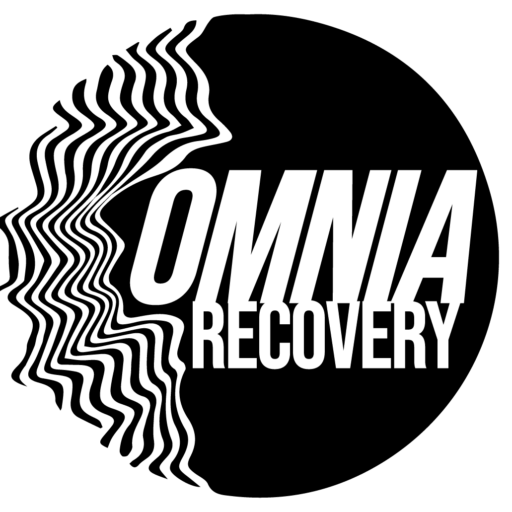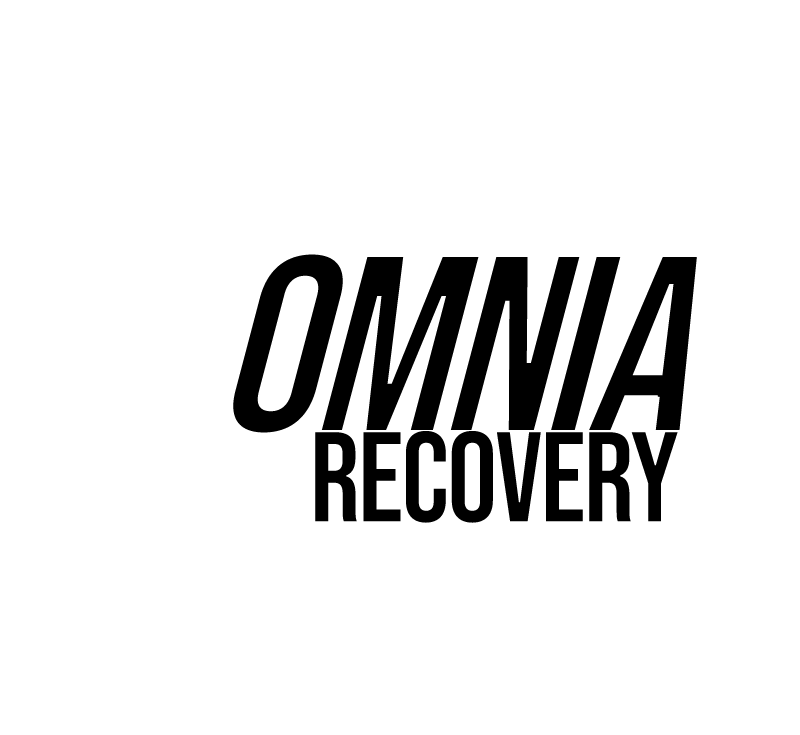If someone close to you is struggling with addiction, you and your family might decide that you need to stage an intervention where you come together as a group and explain to your loved one how their addiction has impacted your life and why you want them to get help.
How to Conduct an Intervention in Five Easy Steps
Step One: Decide Who Will Attend
The first step is deciding who will attend the intervention. You don’t want to overwhelm your loved one by having everyone they’ve ever met in attendance. And you don’t want this to be a contentious time, so avoid inviting people with whom they have difficult relationships, even if that is a close family member.
For example:
Mark struggled with addiction early in his teenage years. His mother loved and supported him, but his father told him that he was a disappointment and worthless. Whenever Mark has needed help, his mother has been there for him, and Mark has even come back to live with them for a short while, but each time he uses again, his father is unsupportive.
In the example above, having Mark’s father present may not be in Mark’s best interest because the relationship could result in Mark not listening to what his father has to say or his father not delivering supportive words in a time of need.
Step Two: Write and Rehearse What to Say
Everyone who will be a part of the intervention needs to write out what it is they want to say. Once everyone has written what they want to say, they need to rehearse together.
Rehearsing together without the individual who is struggling with addiction is a very important step in figuring out how to conduct an intervention because it gives everyone the opportunity to go through what it is they want to say and to feel comfortable delivering that information, especially in front of the group.
Step Three: Pick a Neutral Location
If possible, select a neutral location, one that isn’t likely to upset your loved one but rather someplace everyone feels comfortable. This might be a church, a community center, or the office of a therapist or professional interventionist.
Step Four: Decide on the Date and Time
You’ll have to decide on a date and a time that fits with everyone’s schedules. This part might seem like the easiest, but it will take the most coordination to ensure that you have all available parties.
You will also need to make sure that the person for whom you are staging the intervention is, if possible, sober when you have the intervention, so you might need to select several potential dates or times.
Step Five: Have a Professional Facility Ready
Before the date of your intervention, you will need to have a facility on hand in case your loved one agrees to accept help during the intervention. You don’t want them to agree to get help only to then lose their nerve while the family makes phone calls over the course of the next several weeks to find a reliable drug and alcohol rehab center.
Turn to Omnia Recovery for Addiction Treatment
Omnia Recovery is a Thousand Oaks behavioral health clinic that specializes in flexible schedules so that clients can get the help they need, no matter their other personal or professional obligations.
We offer partial hospitalization programs in Los Angeles for those who have a couple of weeks that they can take off, during which they can come to our facility every day for a full-time schedule of evidence-based therapies and holistic treatments.
We also offer Los Angeles intensive outpatient programs, which are a few weeks longer but only require part-time obligations. This flexibility means individuals can come to our treatment center for support group meetings and therapy sessions at different times throughout the day.
As clients move through their recovery and make progress, they can transition into traditional outpatient programs where we provide continuing support. We also specialize in aftercare support so that all of our clients become permanent members of our recovery family and continue to receive the help they need.
Figuring out how to conduct an intervention requires families to be open and honest about who they want to attend, mainly who has the best relationships with the family member who is struggling and would, by extension, have the biggest impact. Writing what each member wants to say ahead of time and rehearsing is essential to feeling comfortable when the time comes.
If you are preparing to conduct an intervention, call our team today to learn more about the programs we have available for your loved one.




